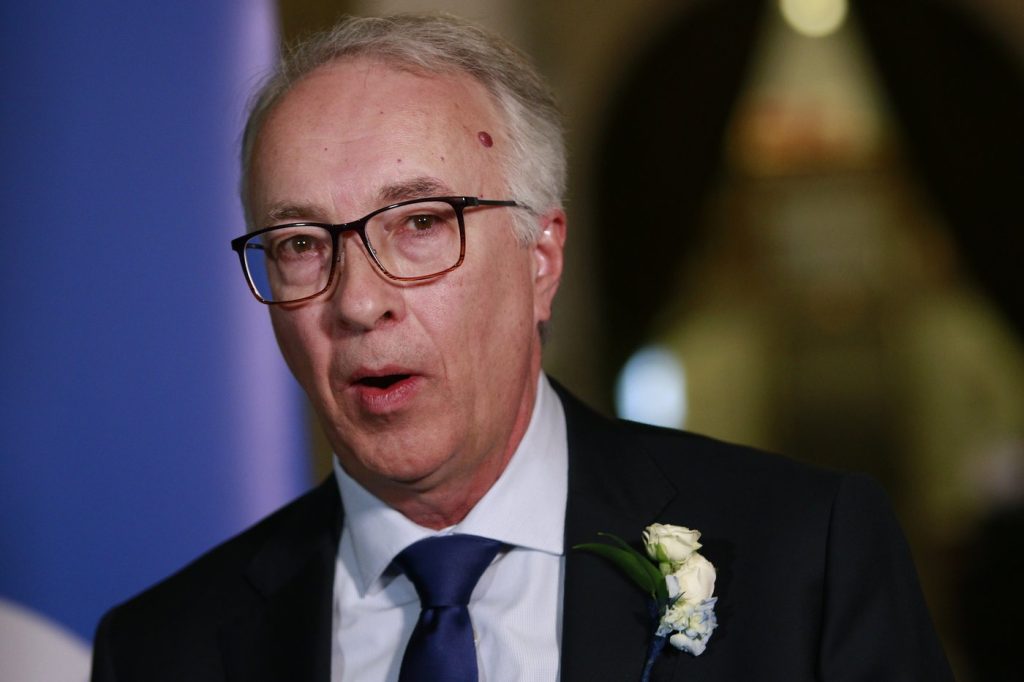A coalition of executives, organizers, and candidates from the British Columbia Conservative Party is urging party leader John Rustad to resign. In a letter dated November 7, 2023, addressed to the Conservative Caucus, the group expressed concerns over the party’s declining voter connection, dwindling membership, and falling approval ratings.
The letter, shared with 1130 NewsRadio by Corey Brooks, president of the Burnaby North Riding Association, outlines a deep commitment to the party’s future. “We write to you not only as local Riding Association board members and organizers, but as individuals deeply invested in the future of both our province and of this movement,” it states. The authors emphasize the urgency of their message, appealing to the values they champion and the trust placed in them by British Columbians.
The signatories argue that new leadership is essential for revitalizing the party and restoring its electoral prospects. They cite a recent Leger poll indicating Rustad’s favourability rating at an alarming minus 40 percent. The letter warns that if an election were held today, the party would likely face a significant defeat against the New Democratic Party (NDP) led by David Eby, which they describe as the “most destructive government this province has ever seen.”
Calls for Change Intensify
This is not the first instance of dissent regarding Rustad’s leadership. In October, another letter from BC Conservative members highlighted a “state of chaos” within the party under his stewardship. The latest letter stresses the urgency for the Caucus to take decisive action to restore effective leadership and prevent further electoral losses.
The group also criticized Rustad’s handling of key issues, particularly his “delayed, confused, and weak messaging” concerning the Declaration on the Rights of Indigenous Peoples Act (DRIPA) and the Cowichan Tribes decision. They believe these issues pose significant threats to property rights for all British Columbians.
The coalition is advocating for the immediate removal of Rustad and the appointment of an interim leader until a new leadership contest can be organized. They assert that this course of action represents the only viable path to winning the next election and restoring hope for British Columbia’s future.
As the party grapples with internal strife and public discontent, the pressure mounts on Rustad to respond to these calls for change. The outcome of this situation could significantly influence the political landscape in British Columbia as the next election approaches.






































































